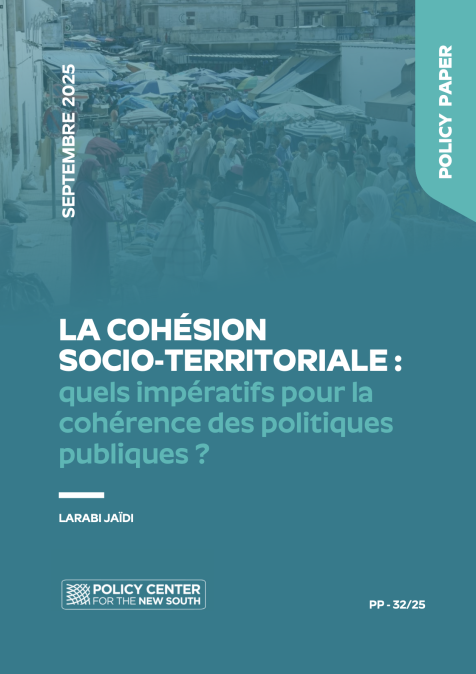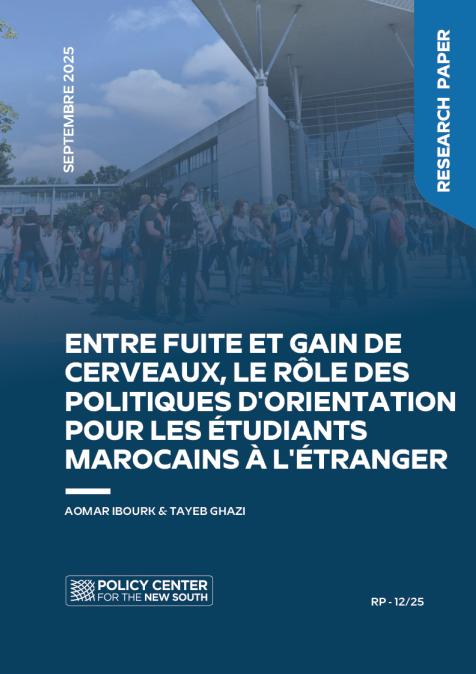Publications /
Policy Paper
This proposal seeks to contribute to reduce, in a cost-effective way, Morocco’s unusually high, persistent and growing unemployment level for university graduates1. It complements and enhances the existing Université Internationale de Rabat (UIR) Public-Private Partnership (PPP). Tertiary enrolment in Morocco has been increasing above what seems to be labor market absorptive capacity. Over the past decade, the share of the unemployed with university degrees as a percentage of total unemployment climbed from 16% in 2001 to 22.4% in 2015. In particular, the skill composition of students exiting the tertiary education system seems to create a skill mismatch (or a “skill gap”) vis-à-vis labor demand. Many policy reports and recent research have blamed the lack of adequate skills among university graduates in Morocco. The existing UIR-PPP seeks to address these issues since 2012 by offering student access to a more technical curriculum. We propose to enhance it further by providing a more rigorous screening mechanism, reducing its costs and increasing its effectiveness. We also provide a simulation that measures its contribution to the reduction of the rate of skilled unemployment in Morocco under a set of assumptions, thus allowing policy-makers to assess how efficient the use of public financing in high education PPPs has been.











